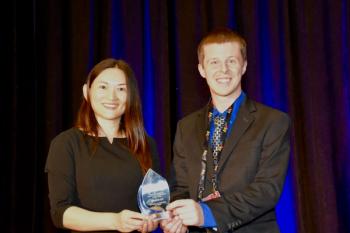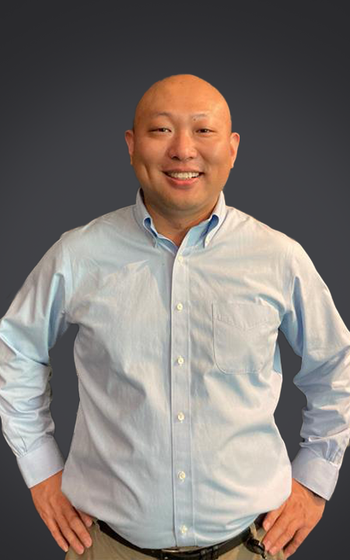
WITec to Host 10th Confocal Raman Imaging Symposium
WITec will host the 10th Symposium Confocal Raman Imaging from September 30 to October 2, 2013, in Ulm, Germany.The symposium will cover various aspects of modern Raman microscopy and will provide insights into confocal Raman imaging and its applications.
WITec will host the 10th Symposium Confocal Raman Imaging from September 30 to October 2, 2013, in Ulm, Germany. The symposium will cover various aspects of modern Raman microscopy and will provide insights into confocal Raman imaging and its applications.
Invited speakers include experts in the field of Raman spectroscopy from academia and industry. Talks will highlight a range of Raman spectroscopy applications in life science, nanotechnology, energy storage, extraterrestrial materials, nanocarbon, and graphene research. Also included will be talks about general principles, microscope configurations, and resolution.
A contributed poster and talk session is scheduled to provide participants with the opportunity to present and discuss their own scientific results on confocal Raman imaging. Participants are encouraged to submit an abstract for the poster session.
For more details, program, and registration information, please visit
Newsletter
Get essential updates on the latest spectroscopy technologies, regulatory standards, and best practices—subscribe today to Spectroscopy.




